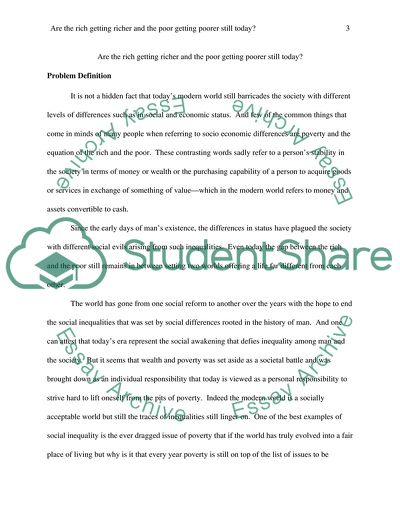Cite this document
(Are the Rich Getting Richer and the Poor Getting Poorer Still Today Research Paper, n.d.)
Are the Rich Getting Richer and the Poor Getting Poorer Still Today Research Paper. Retrieved from https://studentshare.org/social-science/1777377-are-the-rich-getting-richer-and-the-poor-getting-poorer-still-today
Are the Rich Getting Richer and the Poor Getting Poorer Still Today Research Paper. Retrieved from https://studentshare.org/social-science/1777377-are-the-rich-getting-richer-and-the-poor-getting-poorer-still-today
(Are the Rich Getting Richer and the Poor Getting Poorer Still Today Research Paper)
Are the Rich Getting Richer and the Poor Getting Poorer Still Today Research Paper. https://studentshare.org/social-science/1777377-are-the-rich-getting-richer-and-the-poor-getting-poorer-still-today.
Are the Rich Getting Richer and the Poor Getting Poorer Still Today Research Paper. https://studentshare.org/social-science/1777377-are-the-rich-getting-richer-and-the-poor-getting-poorer-still-today.
“Are the Rich Getting Richer and the Poor Getting Poorer Still Today Research Paper”, n.d. https://studentshare.org/social-science/1777377-are-the-rich-getting-richer-and-the-poor-getting-poorer-still-today.


